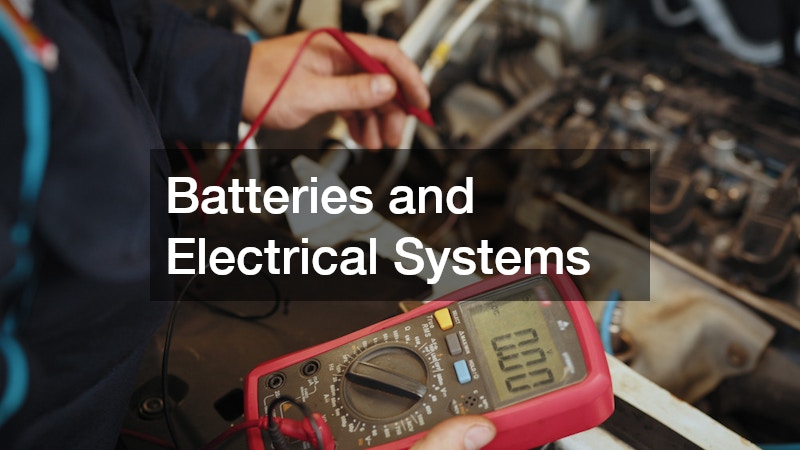Keeping your vehicle in top shape requires more than just an occasional tune-up. With the expertise and advice from seasoned auto mechanics, drivers can ensure their cars remain reliable and efficient. This guide unveils the essential car maintenance tips that every car owner should know to maximize their vehicle’s performance and longevity.
Regular Oil Changes
One of the cornerstones of car maintenance is performing regular oil changes. Auto mechanics recommend changing the oil every 3,000 to 5,000 miles, depending on your vehicle’s requirements and driving conditions. Clean oil lubricates the engine effectively, minimizing wear and maximizing fuel efficiency.
Old, dirty oil can lead to increased engine friction, resulting in excessive wear and potential overheating. Replacing the oil and oil filter regularly helps in removing sludge and grime that accumulates over time. Proper oil maintenance is a preventive measure that can save car owners from costly engine repairs down the road.
Expert auto mechanics emphasize understanding your vehicle’s specific oil requirements, including the viscosity and type. Consulting the owner’s manual or a professional can help ensure you use the right oil for your car. Conducting routine oil checks can also reveal other issues, such as leaks or contamination.
Tire Maintenance
Tire maintenance is crucial for safety, handling, and fuel efficiency. Regularly checking tire pressure, alignment, and tread depth can prevent blowouts and improve your car’s performance. Auto mechanics suggest rotating tires every 5,000 to 7,500 miles to promote even wear.
Properly inflated tires reduce rolling resistance, which enhances fuel economy and extends tread life. Wheel alignment ensures that your vehicle travels straight and true, preventing uneven tire wear. Regular inspections can also identify potential issues such as sidewall damage or punctures.
Investing in quality tires and maintaining them can increase handling capabilities, especially in adverse weather conditions. Auto mechanics advise monitoring tread depth with a penny test, ensuring a minimum depth of 2/32 inches for optimal traction. Correct tire care not only improves safety but also enhances the driving experience.
Brake System Inspections
Brakes are one of the most critical safety systems in your vehicle. Auto mechanics recommend having your brakes inspected at least once a year or every 12,000 miles. Regular inspections can identify wear on brake pads and rotors, preventing more severe brake issues.
Brake fluid should be checked and replaced as needed to maintain hydraulic pressure within the braking system. Worn brake pads can lead to longer stopping distances and squealing noises, indicative of the need for immediate maintenance. Proactive brake care helps ensure your vehicle is safe to drive and responsive in emergencies.
Auto mechanics stress the importance of understanding brake warning signs, such as unusual noises or vibrations while braking. Recognizing these signs early can prevent expensive vehicle repairs and enhance road safety. Always prioritize professional brake service to ensure optimal braking performance.
Belt and Hose Inspections
Belt and hose inspections are often overlooked but are vital for your vehicle’s reliability. Auto mechanics suggest inspecting belts and hoses for signs of wear, cracks, or leaks every few months. A broken belt or hose can lead to engine overheating or power steering failure.
Replacing worn belts and hoses before they fail can prevent breakdowns and costly repairs. Regular checks allow you to identify brittle or loose components that could compromise your vehicle’s operation. Experienced auto mechanics utilize visual inspections and manual pressure tests to ensure optimal performance.
Recognizing the signs of wear, such as squealing belts or soft hoses, can avert potential engine issues. Routinely replacing these components as part of preventive maintenance keeps your vehicle running smoothly. Investing in quality belts and hoses can significantly extend the lifespan of your car’s engine systems.
Batteries and Electrical Systems
Your car’s electrical system is vital for starting the engine and powering accessories. Auto mechanics recommend having the battery and electrical systems tested during routine maintenance checks. Battery terminals should be clean, and the battery should hold a proper charge to ensure reliable engine starts.
Signs of an aging battery include slow engine cranking and dim headlights. Regular testing can prevent unexpected breakdowns and extend the battery’s lifespan. Expert auto mechanics have the tools to check battery health and charging systems efficiently.
Adopting the advice from expert auto mechanics prolongs your vehicle’s lifespan and enhances your driving safety and comfort. Routine inspections and maintenance, like oil changes, brake checks, and tire care, prevent costly repairs and breakdowns. Implementing these essential car maintenance tips ensures your vehicle’s peak performance, saving you time and money in the long run.

